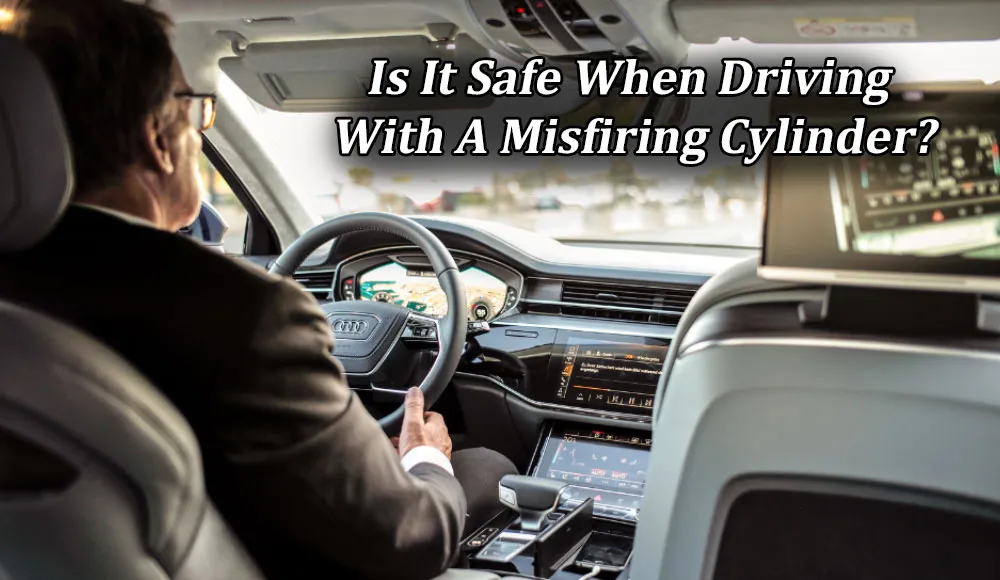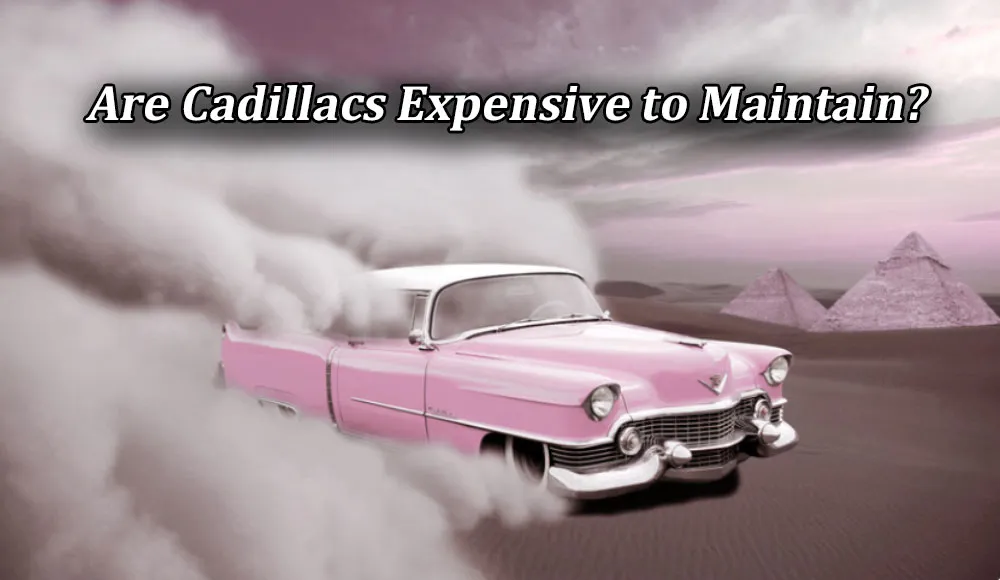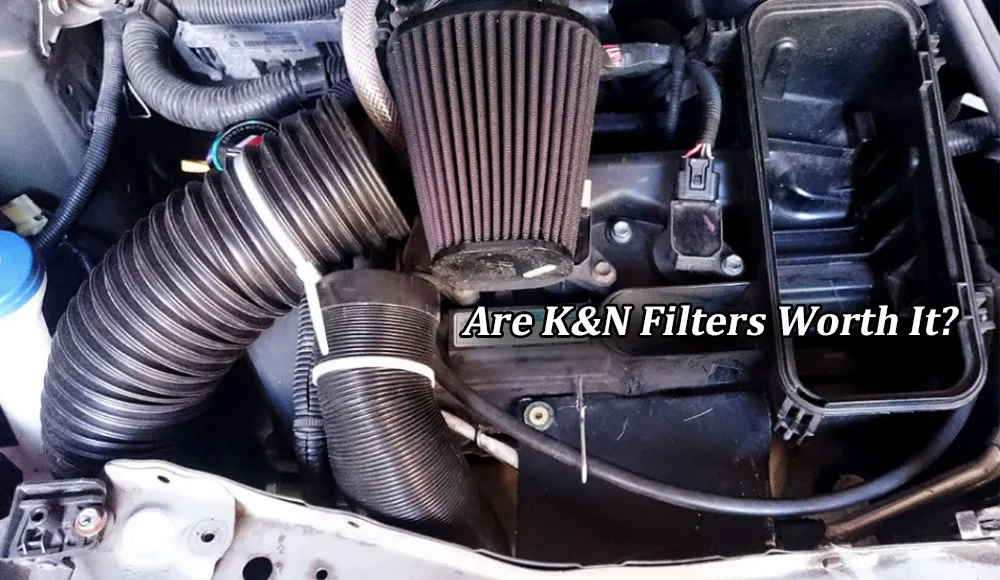Hey there, fellow drivers! Today, I’m tackling a question that might have crossed your mind if you’ve ever dealt with engine troubles: Is it safe to drive with a misfiring cylinder?
As someone who’s had their fair share of car issues, I understand how tempting it is to just keep driving, hoping the problem will magically disappear. But let’s dive into what a misfiring cylinder means for your car’s health and your safety.

What Exactly is a Misfire?
In simple terms, an engine misfire means that one or more of the cylinders in your engine isn’t firing correctly. This can happen for a variety of reasons like spark plug issues, fuel delivery problems, or even poor compression. Essentially, it disrupts the engine’s balance and smooth operation.
Symptoms can range from a subtle jerk or loss of power to a loud bang or backfire. You might also notice your engine light flashing – a sure sign something’s amiss.
Potential Risks of Driving With a Misfiring Cylinder
Immediate Safety Concerns
The first thing to consider is your immediate safety. A misfiring cylinder can lead to erratic engine performance. This means reduced power, especially problematic when you need quick acceleration like merging onto highways or overtaking. There’s also the risk of the engine stalling completely. Imagine being stuck in the middle of a busy intersection – not exactly my idea of a fun time.
Escalating Engine Damage
Beyond the immediate risks, there’s the threat of causing more harm to your engine. Continuous misfiring can lead to excessive unburned fuel passing into the exhaust system, damaging components like your catalytic converter – an expensive fix. Also, the uneven running can put extra strain on engine mounts and other parts, leading to a cascade of mechanical woes.
Long-Term Consequences
The Cost of Ignoring the Problem
Ignoring a misfire can lead to bigger, more costly problems. Over time, the efficiency of your engine takes a hit. Your fuel economy drops, and the engine’s lifespan shortens. Not to mention, driving with a known issue like this can sometimes affect your car’s warranty and insurance claims if it leads to a bigger problem or accident.
When to Avoid Driving Your Vehicle
Know When to Park It
If you experience severe symptoms like a very rough idle, loud noises from the engine, or an overwhelming smell of gas, it’s time to park your car. These are signs of a severe misfire that shouldn’t be ignored. In these cases, it’s best to call for a tow and get your vehicle to a mechanic ASAP.
Conclusion
To wrap it up, driving with a misfiring cylinder is like playing Russian roulette with your car’s health and your safety. Sure, you might get away with it for a short drive, but the risks far outweigh the convenience. My advice? Pay attention to your car’s symptoms and get them checked out sooner rather than later. It saves you money in the long run and, more importantly, keeps you safe on the road. Stay safe, and happy driving!


